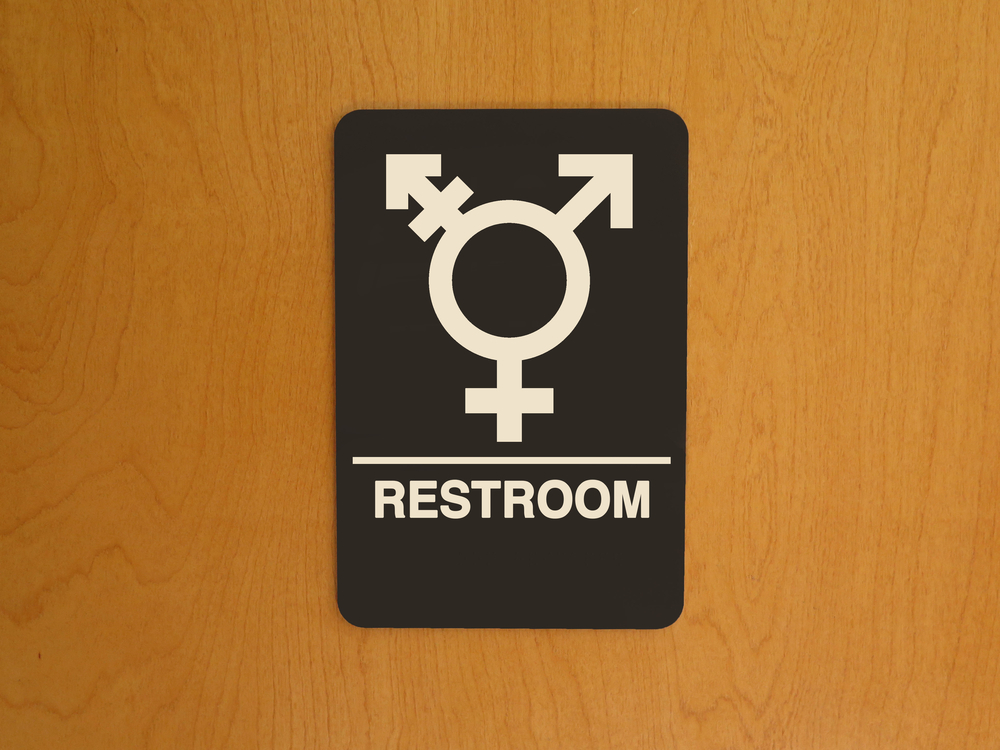On August 26, 2016, a North Carolina federal judge blocked the University of North Carolina (UNC) from enforcing a state law requiring transgender people to use bathrooms and locker rooms corresponding to the sex on their birth certificates.
With the passage of House Bill 2 (HB2) in March 2016, North Carolina became the first state to ban people from using restrooms consistent with their gender identity in government buildings and schools. News of HB2 stirred up a public outcry, including a Department of Justice lawsuit and the NBA’s decision to relocate the 2017 All-Star game from Charlotte, North Carolina to another location.




